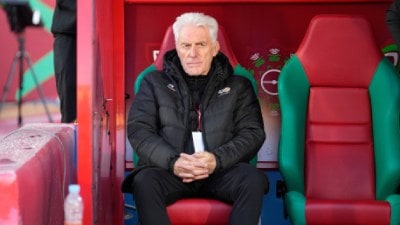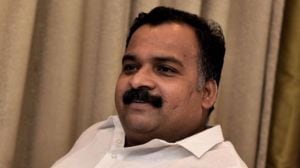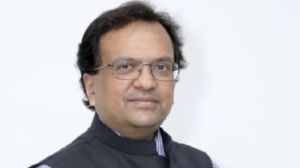Revealing prostate cancer,Buffett plays down effect
Warren E Buffett disclosed that he had prostate cancer,a development that would probably heighten the questions over his successor as the chief executive of his conglomerate,Berkshire Hathaway
MICHAEL J DE LA MERCED
Warren E Buffett disclosed on Tuesday that he had prostate cancer,a development that would probably heighten the questions over his successor as the chief executive of his conglomerate,Berkshire Hathaway.
Yet Buffett,who will turn 82 this summer,also made clear that he would continue to run the company,writing to shareholders that the disease was in Stage 1 and that he had been told by doctors that it was not remotely life-threatening or even debilitating in any meaningful way.
A diagnosis of Stage 1 prostate cancer means the disease has been detected very early and it has not spread beyond the walnut-size prostate gland. According to data from the National Cancer Institute,the 10-year survival rate for men with localised disease is 99.5 per cent. The disclosure of the diagnosis was made just three weeks before Berkshires annual meeting,when thousands of shareholders descend upon Omaha,Buffetts hometown,and for two days celebrate him as an investing giant. On Tuesday,the news did not appear to worry analysts and investors. Go to any actuarial table; a healthy,stress-free 81-year-old has a 12-year life expectancy,and Ill take the over on that, said Whitney Tilson,the managing partner at T2 Partners and a Berkshire shareholder.
Still,Buffetts letter was a reminder that he would eventually hand over the reins of Berkshire,a sprawling empire of insurers,a railroad operator and scores of other companies.
Over Buffetts nearly 50-year tenure as chief executive,Berkshire has grown into one of Americas largest corporations,with a market value of nearly 201 billion. With operations that touch nearly aspect of the nations economy,it is sometimes considered a proxy for the business health of the US. And the companys success has made Buffett one of the worlds richest men and a spokesman for American capitalism. The Obama administration has even called its plan to raise tax rates on people with incomes above 1 million the Buffett Rule. The measure was blocked in the US Senate on Monday.
Succession at Berkshire has long been a topic of fierce speculation on Wall Street,even as some elements of Buffetts plan have already been disclosed. His son Howard will become nonexecutive chairman of Berkshire,and two former hedge fund managers have been hired to eventually take over the companys vast investment portfolios.
In February,Buffett told investors that he had selected a successor for chief executive,but he did not name the person. The leading candidates are: Ajit Jain,the head of Berkshires vast reinsurance operations; Matthew Rose,chief of Burlington Northern Santa Fe; and Tad Montross,the leader of the General Re insurance subsidiary.
- 011 day ago
- 021 day ago
- 0319 hours ago
- 041 day ago
- 051 day ago































